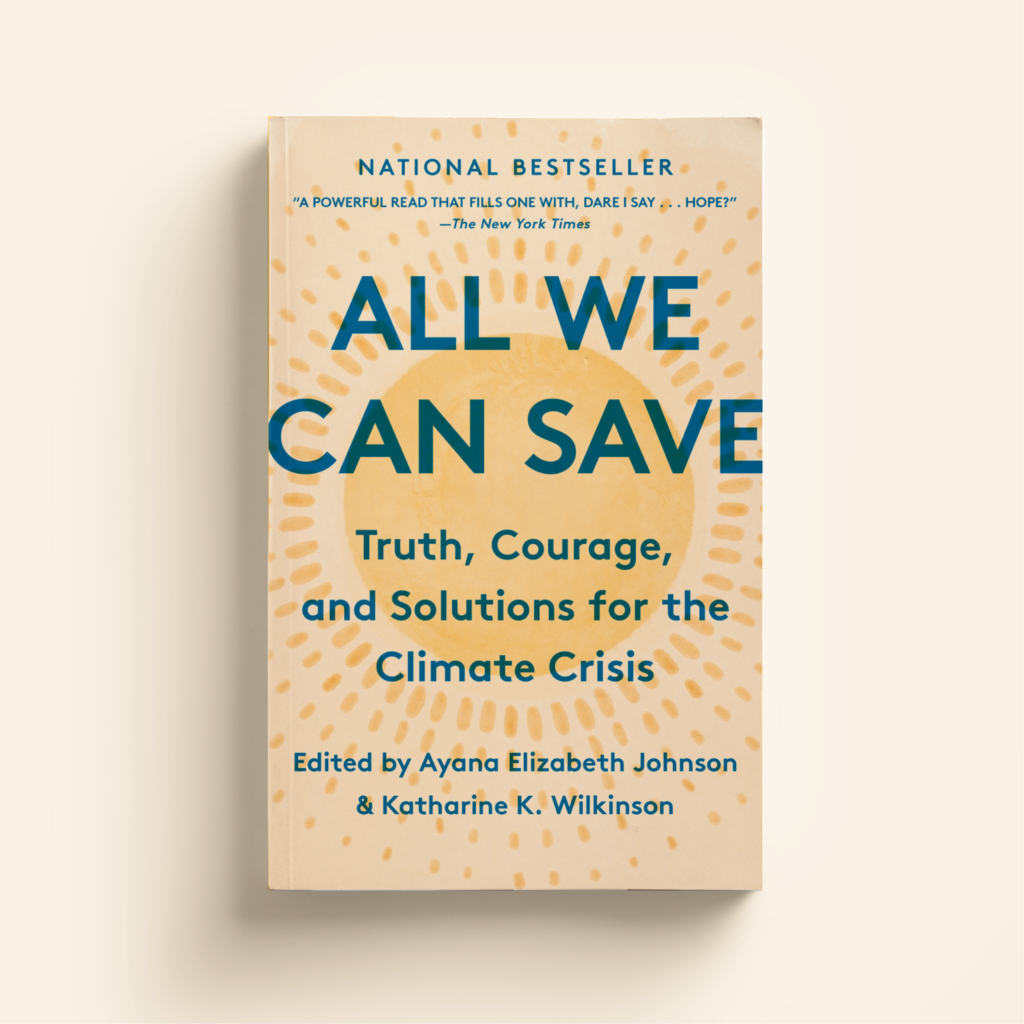These people that don’t believe anything that mainstream media or ‘#MSM’ tells them. They say to ‘question everything’. Like, everything, everything? Obviously, lots of people recently wanted to question the efficacy of vaccines. It’s a relatively new disease that disrupted the whole world. Lots of people had to get uncomfortable. Couldn’t go for a haircut, or to the bar or pick up their Starbucks and what not (can you hear my sarcasm?). Anyway, I guess I can understand, to a certain extent, why people might question something new, even if it comes from the mouths of experts with decades of experience. But are we going to really question EV-ERY-THING?
Does the piston in my car really rotate the wheels?
Should I stop at this red light?
Should I let the doctor remove this cancerous growth in my brain?
Why do I have to take off my shoes to go through security at the airport?
Do I really need to wear clothes to work?
Is arsenic poisonous?
Are fairies real?
This is how reality and societies break down. Without a basic set of agreed facts to govern how we interact with each other we spiral to the apocalypse. Based on recent evidence, most of us are not going to make it in that world because most of us have become built for comfort. Temperature-controlled, hot-water-running, electricity pumping, lights on and infinite snack variety available while I watch Netflix; comfort. Starbucks (and supermarkets) will not be open in the apocalypse. Many of us wouldn’t last a week.
For a very long time (the last seventy years), it was widely agreed that sources like AP, reuters and the BBC could generally be relied upon for useful, mostly unbiased, factual reporting. Did they make choices about what stories to report? Sure. Do they have some issues still? Absolutely. Nevertheless, it’s been an incredible coincidence that only in the last five years those sources are no longer trusted. They have, seemingly overnight, turned into ‘radical left wing talking points’. How bizarre?
Apart from sitting down yourself and watching C span and all the other similar committee recordings from around the world ALL DAY LONG, where else are people supposed to get real facts delivered with journalistic integrity?
Not from YouTube
Not from social media.
Not from some random dude, or lady’s podcast.
We have gotten so very silly in the last few years. We must start being serious people again. Unserious people do not get anything done. And we have lots of work to do.


